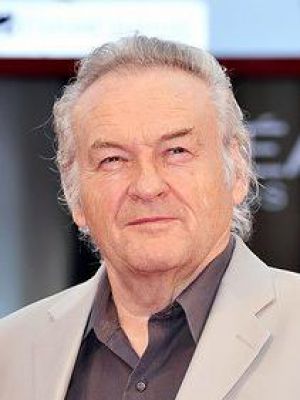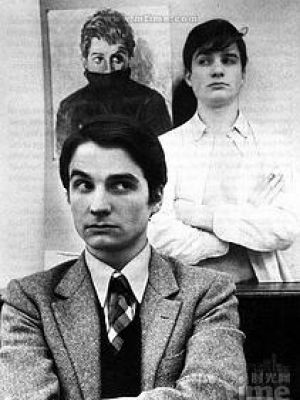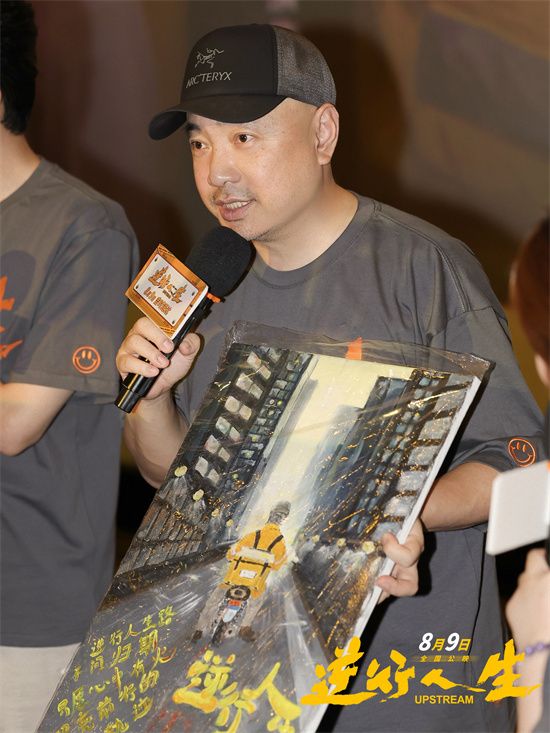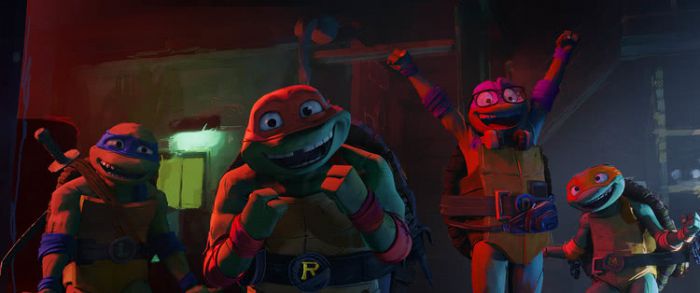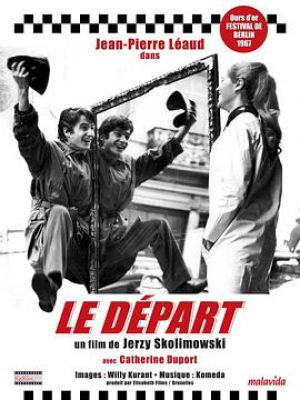
出发
(1967)7.2分
评分:
-
音画
0.0分 / 0人
-
表演
0.0分 / 0人
-
剧情
0.0分 / 0人
The Departure
-
编辑
导演:杰兹·斯科利莫夫斯基 编剧:安杰伊·科斯坚科/杰兹·斯科利莫夫斯基
- 主演:让-皮埃尔·利奥德/Catherine-IsabelleDuport/JacquelineBir更多
- 类型:剧情/喜剧/爱情 制片地区:比利时 影乐酷ID:5049454dv IMDB:tt0061605
- 语言:法语 片长:93 分钟 上映:1967-10-13
-
简介:Marc, an apprentice at a barber shop in Brussels, signs up for a racing match but does not actually own a car. In the end, he decides to drive his boss’s Porsche... Le Depart is Skolimowski’s first film produced with Belgian funds in Western Europe, and the film received attention because Jean-Pierre Leaud, the representative actor of the French New Wave, played Marc. The film shows a boy caught in a dilemma between what he should do and what he wants to do. The film is also remarkable because the director expresses events with Krzysztof Komeda’s music in place of dialogue. Le Depart is Skolimowski’s first film made in the West. Its protagonist, nineteen-year-old Marc, works as a hairdresser’s apprentice in Brussels and dreams about becoming a racing car driver. He enters his name for a rally due to start in two days, but does not have a car and goes to great lengths to acquire one. However, when he's finally in a position to participate in the competition, he and his girlfriend stop at a hotel to get some sleep and they oversleep the rally. Marc is Andrzej Leszczyc’s Western counterpart. Like Leszczyc, he likes games and refuses to follow the rules prescribed to him by his elders. He can thus be described as an eternal boy, Skolimowski’s favourite type of character. There are also differences between the two, as Marc’s identity is entirely defined by what and how he consumes; his love of cars is his only distinct feature. Without it, he would be nobody. Marc is played by Jean-Pierre Leaud, the face of the French New Wave and its ultimate rebel. Le Depart is the most musical film of Skolimowski's. One feels that without music, Le Depart would not survive as a coherent artefact, but break into a series of disjointed episodes. Music not only illustrates the events or counterpoints them, but practically replaces them, filling long passages without words and endowing the whole film with amazing energy.

热播推荐
- 1哪吒之魔童闹海
- 2唐探1900
- 3禁忌童话
- 4蛟龙行动
- 5笑傲江湖
- 6封神第二部:战火西岐
- 7大奉打更人之世间无我这般人
- 8我的夫人
- 9射雕英雄传:侠之大者
- 更多 >
院线热映
- 1唐探1900
- 2熊出没·重启未来
- 3射雕英雄传:侠之大者
- 4蛟龙行动
- 5哪吒之魔童闹海
- 6封神第二部:战火西岐
- 7柯村风云
- 8黑白潜行2
- 9寻凶
- 更多 >

